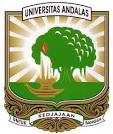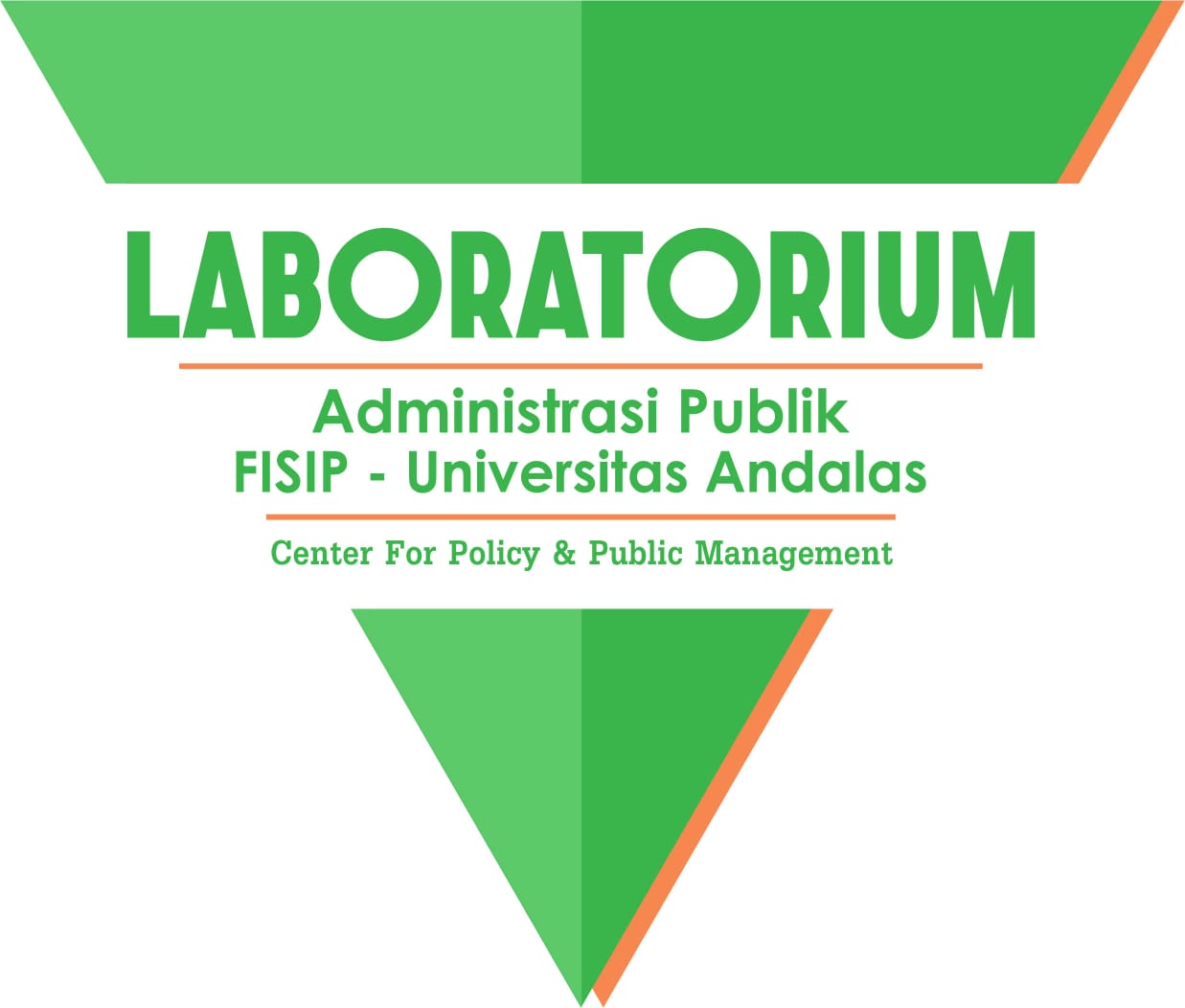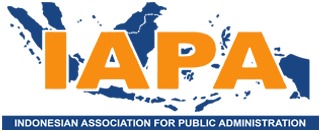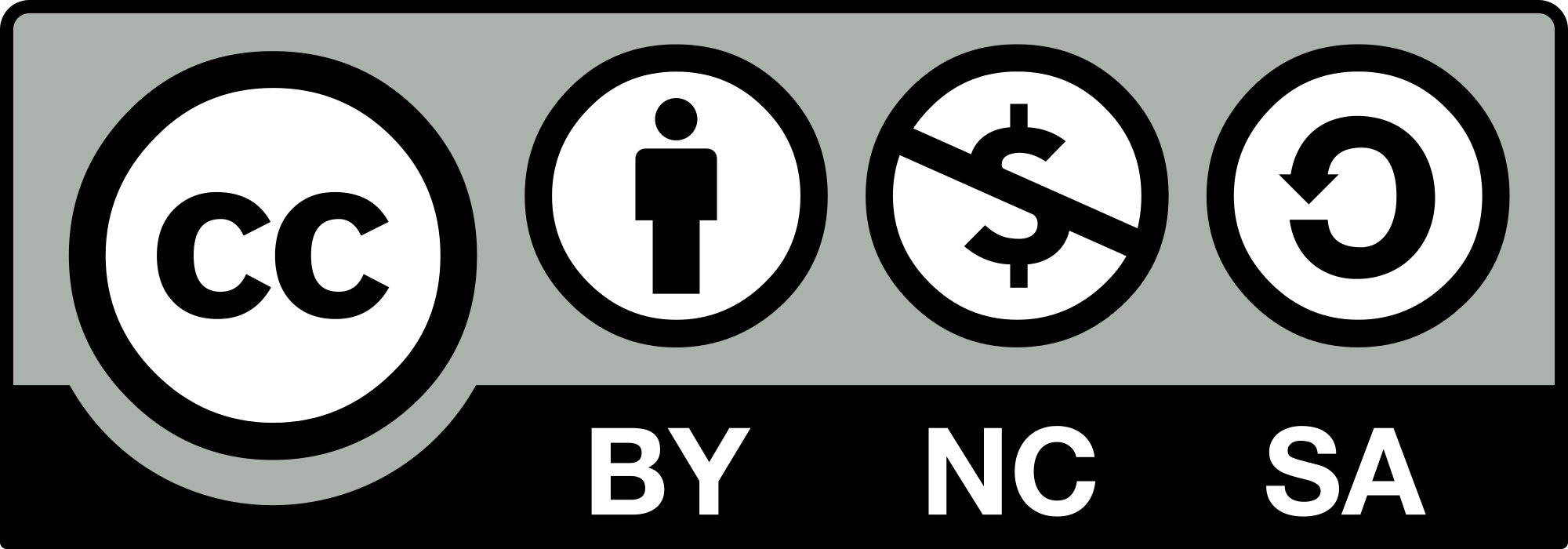Implementasi Program Peningkatan Perilaku Pemilahan Sampah Rumah Tangga, Revitalisasi“Smart Waste Management”, Dan Konversi “Waste To Energy” Di Kota Bekasi
Abstract
In dealing with waste management problems in Bekasi City, the Bekasi City Government has implemented waste management innovations by involving the community's role through the Program for Improvement of Household Waste Segregation Behavior, Revitalization of "Smart Waste Management", and "Waste to Energy" Conversion in Bekasi City. The purpose of this article is to find out how to implement the Program to Improve Household Waste Segregation Behavior, “Smart Waste Management” Revitalization, and “Waste to Energy” Conversion in Bekasi City. The author uses a qualitative descriptive method with data collection techniques using literature study, observation, interviews and documentation at the Bekasi City Environmental Service and the Patriot Main Waste Bank. Data Analysis Techniques Using interactive model analysis using the theory of Policy Implementation” according to Charles O. Jones which “consists of three activities, namely “Organization, Interpretation, and Application. The results of the study indicate that the implementation of the Policy for the Improvement of Household Waste Segregation Behavior, Revitalization of "Smart Waste Management", and "Waste to Energy" Conversion in Bekasi City is not optimal in organizational activities and applications. This can be seen from the limited resources owned by the Bekasi City Government and community participation which is still not optimal in presenting Waste Banks in every RW.










